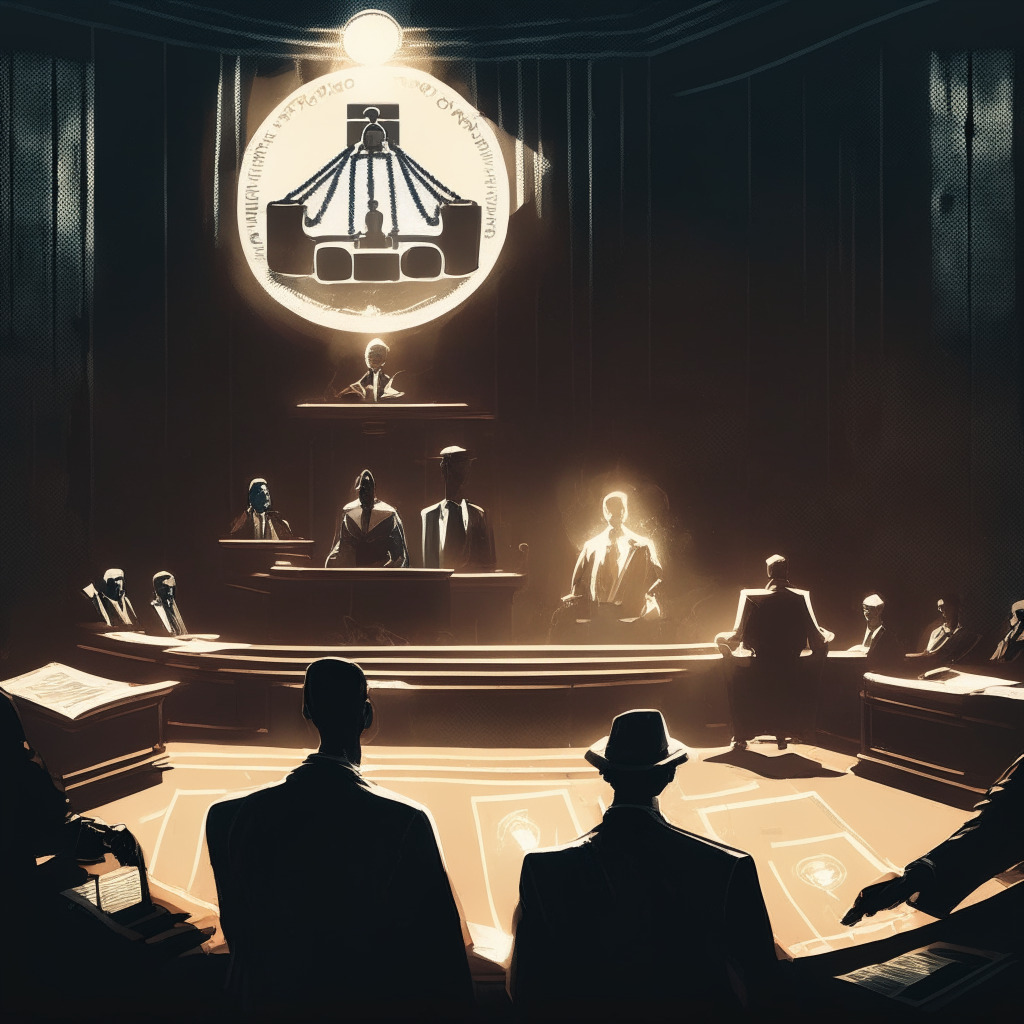Recent concerns stem from a suggestion by a United States federal judge to instate a gag order in a cryptocurrency criminal case — specifically that involving the former CEO of FTX, Sam Bankman-Fried (SBF). This proposition is driven by a perceived attempt to manipulate public sentiment pertaining to the trial. The allegation of leaking personal information of ex-Alameda Research CEO, Caroline Ellison, by SBF to The New York Times has indeed inflated the matter.
The proposed order, if passed, would impede lawyers, their clients, and anyone acting on their behalf from disseminating or discussing any information, barring that is admissible in court. SBF, who is presently on a $250 million bail, already barred from utilizing certain technologies such as Virtual Private Network and messaging apps, might also be prohibited from using third parties to express statements on his behalf if the order passes.
While the veil of confidentiality in legal proceedings is unquestionable, the extent to which this might conflict with the integral principle of transparency in the blockchain and cryptocurrency industry is a point of interest. If enacted, the order could potentially set a precedent of censorship, unsettling numerous stakeholders within the industry who vouch for transparency and wide access to information.
Moreover, the order might possibly obscure critical aspects of the case from public discourse, thereby rendering public opinion vulnerable to speculation and misinformation. This could directly influence how the public perceives not only this case but the overall crypto ecosystem.
Conversely, critics might argue that the gag order is vital to ensure a fair trial. For instance, openly available information about the on-going litigation could inadvertently sway the jury or influence potential witnesses — elements that could compromise the fairness of the trial.
To illustrate, FTX’s recent bankruptcy and the ensuing media involvement could potentially impact the jury’s perspective of the case. Lawyers representing SBF have suggested the extension of this gag order to involve potential witnesses – a suggestion perhaps reflecting the need for impartiality in testimonies.
Ultimately, as the SBF case unfolds, it could redefine the delicate balance between openness and fairness central to both the legal and blockchain industry. The impending criminal trial, scheduled for October 2, will not only decide SBF’s fate but might just establish a critical legal precedence in the cryptocurrency realm. The question rests: At what point does necessary confidentiality become harmful and unnecessary censorship?
Source: Cointelegraph




